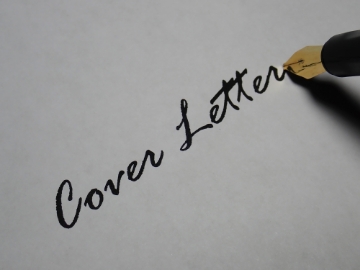Dipping your toe into applicant pools during your job hunt can be intimidating. You’ll have to recount all your years of experience, re-evaluate everything you’ve learned, and squeeze all of it into a single sheet of paper.
When writing your resume, it’s important to think about what you’ll say and put it carefully. Relevant experience and skills are a must on the list, but there are other things to add, such as a resume skills summary.
As a job hunter, your resume is one of your most powerful marketing tools. It’s what recruiters review to read all your achievements and experience before meeting or talking to you in person.
In job hunting, submitting resume after resume to recruiters is the normal thing to do. Sometimes, you’ll find a job opening asking you to send a cover letter and resume.
Before, people had to print resumes. They must go through job posts in the newspapers and personally submit their resume. However, the job hunting process has evolved from offline to online.
A resume represents a job applicant; it contains essential details, including educational background, work experience, awards earned, and skills acquired. While mentioning all these details seems like a good idea, it isn't.
Employers use job applications to compare and narrow in on acceptable candidates. They use them to weed out specific requirements and skills or to ask explicit job-related questions.
Your cover letter is one of the first things your potential future employer sees. It provides a more personal profile to illustrate why you’d be a good fit for a role.








